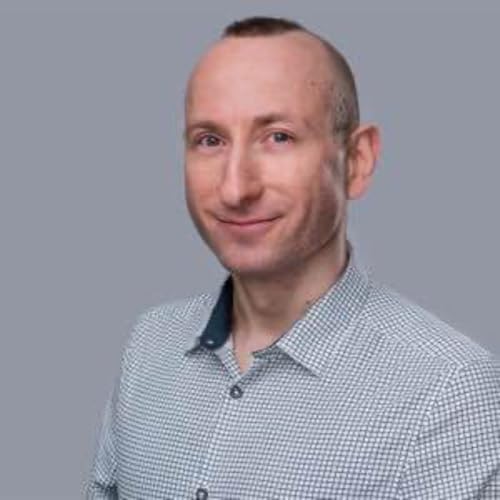
I am Scientist
No se pudo agregar al carrito
Add to Cart failed.
Error al Agregar a Lista de Deseos.
Error al eliminar de la lista de deseos.
Error al añadir a tu biblioteca
Error al seguir el podcast
Error al dejar de seguir el podcast
-
Narrado por:
Wie sieht der Alltag von Promovierenden aus? Was stört sie und was feiern sie an der Wissenschaft? Daniel Hölle (Uni Oldenburg), Philipp Hubert (Uni Gießen) und Lisa Schmors (Uni Tübingen) interviewen ganz locker Promovierende über deren Forschung, Träume und Probleme. Eine neue Folge gibt es am 1. jeden Monats. Wenn ihr selbst mal im Podcast zu Gast sein wollt oder jemanden kennt der zu Gast sein sollte, dann kontaktiert uns gerne!
What is everyday life like for PhD students? What challenges do they encounter and what do they celebrate about science? Daniel Hölle (University of Oldenburg), Philipp Hubert (University of Giessen), and Lisa Schmors (University of Tübingen) interview PhD students about their research, dreams, and problems. A new episode is released on the 1st of every month. If you would like to be a guest on the show, contact us!
- E-Mail: iamscientistpodcast@gmail.com
- Instagram: i_am_scientist_podcast
Hosted on Acast. See acast.com/privacy for more information.
Daniel Hölle, Philipp Hubert & Lisa Schmors-
 Dec 31 20251 h y 37 m
Dec 31 20251 h y 37 mNo se pudo agregar al carrito
Solo puedes tener X títulos en el carrito para realizar el pago.Add to Cart failed.
Por favor prueba de nuevo más tardeError al Agregar a Lista de Deseos.
Por favor prueba de nuevo más tardeError al eliminar de la lista de deseos.
Por favor prueba de nuevo más tardeError al añadir a tu biblioteca
Por favor intenta de nuevoError al seguir el podcast
Intenta nuevamenteError al dejar de seguir el podcast
Intenta nuevamente -
 1 h y 34 m
1 h y 34 mNo se pudo agregar al carrito
Solo puedes tener X títulos en el carrito para realizar el pago.Add to Cart failed.
Por favor prueba de nuevo más tardeError al Agregar a Lista de Deseos.
Por favor prueba de nuevo más tardeError al eliminar de la lista de deseos.
Por favor prueba de nuevo más tardeError al añadir a tu biblioteca
Por favor intenta de nuevoError al seguir el podcast
Intenta nuevamenteError al dejar de seguir el podcast
Intenta nuevamente -
 Oct 31 20251 h y 50 m
Oct 31 20251 h y 50 mNo se pudo agregar al carrito
Solo puedes tener X títulos en el carrito para realizar el pago.Add to Cart failed.
Por favor prueba de nuevo más tardeError al Agregar a Lista de Deseos.
Por favor prueba de nuevo más tardeError al eliminar de la lista de deseos.
Por favor prueba de nuevo más tardeError al añadir a tu biblioteca
Por favor intenta de nuevoError al seguir el podcast
Intenta nuevamenteError al dejar de seguir el podcast
Intenta nuevamente


